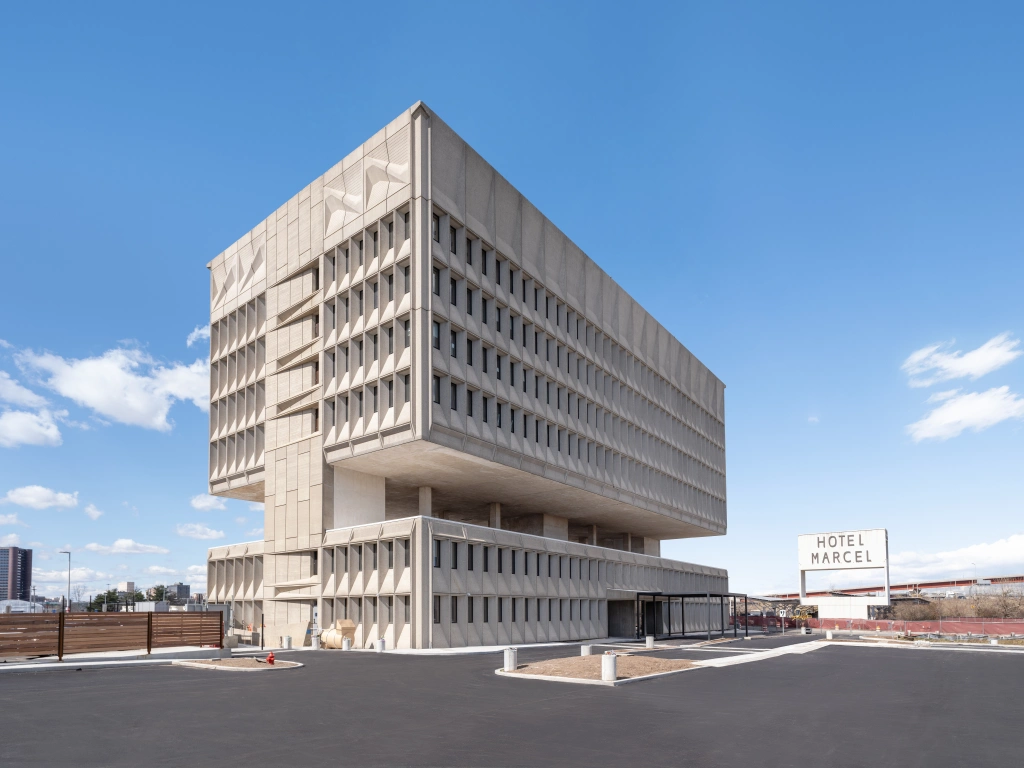As the world returns to travel, doing so sustainably and responsibly has never been more important. With growing impacts from climate change and rising demand for more sustainable hospitality options, Hilton is evolving its environmental, social and governance (ESG) commitments to help preserve the destinations where it operates and create inclusive growth in communities around the world.
Hilton launched its 2030 goals four years ago as part of its ambitious ESG strategy, “Travel with Purpose,” making it the first global hospitality company to set science-based climate targets. Now, after a strategic review of those goals, evolving climate science and best practices, Hilton has updated its environmental and social impact goals.
These updated benchmarks include more ambitious environmental targets and new social goals to help drive more sustainable operations and create engines of opportunity in the communities it serves.
Hilton’s strengthened greenhouse gas emissions goals – which aim to cut emissions intensity by 75 per cent in its managed hotels and emissions intensity by 56 per cent, by 2030 in franchised — have been validated by the Science Based Targets initiative (SBTi), a global body enabling businesses to set ambitious emissions reductions targets in line with the latest climate science.
“Our company was founded more than 100 years ago on the belief that our hospitality has the power to be a force for good,” said Kristin Campbell, general counsel and chief ESG officer, Hilton. “These enhanced, re-validated targets build upon the progress and impact we’ve created since we launched our Travel with Purpose 2030 goals four years ago, as we seek to deepen our commitment to the areas where we can have the greatest impact.”
Paving the way to net zero
In June 2022, SBTi validated that Hilton’s updated greenhouse gas emissions reduction targets are aligned with a trajectory to hold global temperature rise to 1.5°C above pre-industrial levels to help limit the impacts of climate change. The latest climate science from the United Nations’ Intergovernmental Panel on Climate Change (IPCC) shows it is still possible to limit global temperature rise to 1.5°C, but we are dangerously close to that threshold.
“This is truly a vital moment to reaffirm our commitments,” said Jean Garris-Hand, vice president of global ESG, Hilton. “As climate science continues to evolve, we’re committed to working across every area of our business to engage stakeholders with rigor and discipline to do our part in working toward a net-zero future for the world.”
By committing to this ambitious goal, Hilton joins other business and industry leaders who are responding to the urgent call from the IPCC and targets set during the 2015 Paris Climate Accords. Hilton has also committed to a carbon reduction goal of below 2°C for its franchised properties.
In addition, Hilton announced a new commitment to venture capital fund Fifth Wall’s Climate Tech Fund that will invest in software, hardware, renewable energy, energy storage, smart buildings and carbon sequestration technologies to decarbonise the $10.5 trillion real estate industry.
These new environmental commitments build on Hilton’s long history of leading the hospitality industry in setting specific, measurable environmental goals that drive sustainable operations, minimize carbon emissions and create business efficiencies.
Hilton has been named to the World and North American Dow Jones Sustainability Indices for five consecutive years, one of the most influential rankings of corporate sustainability.


